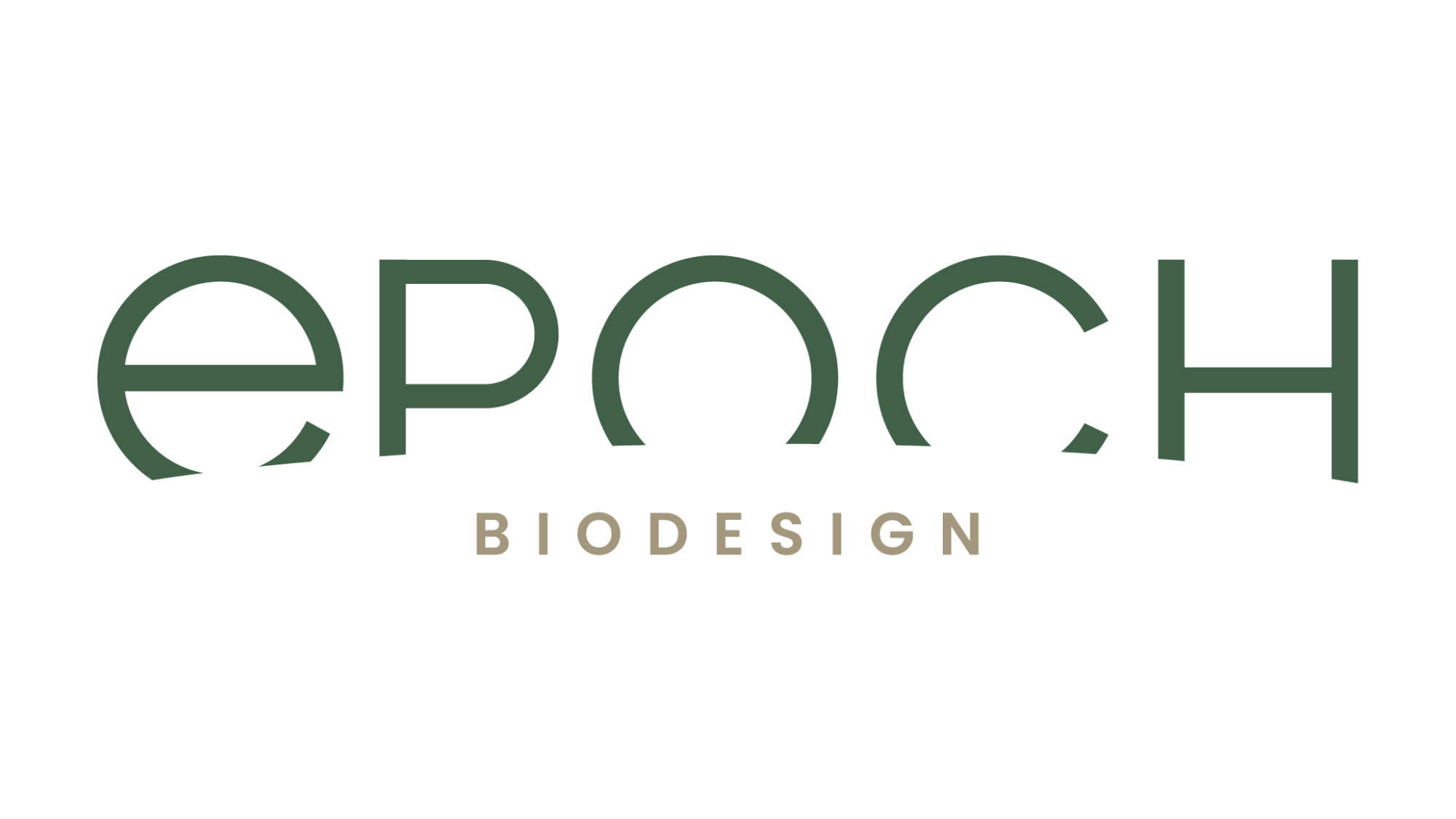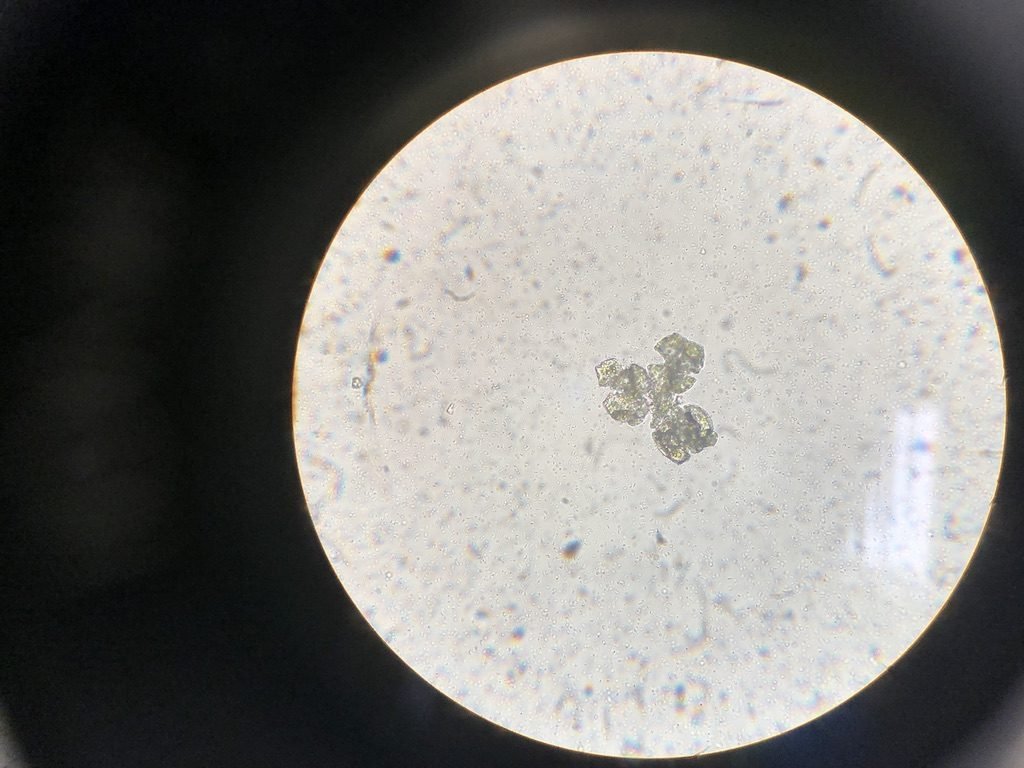Epoch Biodesign
Our Investment in Epoch Biodesign
Making the planet better with biology
Plastic pollution is among the most visible and ubiquitous environmental issues plaguing Earth today. Increased media attention to plastic waste of various sizes and growing concern from consumers and brands have inspired bans on common, single-use items. However, these policies have not yielded significant change. As plastic continues to choke Earth’s natural carbon sinks, including our oceans and wildlife, the mismanagement of plastic waste is also having ramifications on human health.
Nearly 400 million tons of plastics are produced annually, with polyethylene as the most common culprit. This emissions-intensive process is set to increase dramatically with the help of the fossil fuel industry, yet recycling and reprocessing plastic products continues to be abysmally low and not economical. As we’ve previously shared some ways novel companies are working to scale brand’s use of recycled plastics, additional solutions that address the inevitable waste of exploding plastic production are desperately needed.
Improvements to the means and frequency of recycling plastics alone cannot solve the impact this material has on our natural world, but harnessing nature itself offers hope in the face of this unfathomably large problem. All living things contain enzymes — proteins that enable complex chemical reactions — and these catalysts are also found in manufactured products. Leveraging proprietary methods of designing biology, Epoch Biodesign is engineering enzymes to break down plastics in a process that is similar to brewing beer. The company envisions an enzyme-powered solution that would ferment plastic waste instead of throwing it in a landfill or incinerator as their first application. We’re excited to announce our investment in Epoch, founded by CEO Jacob Nathan, and CSO Douglas Kell as it develops enzymes that facilitate a sustainable circular economy of low-carbon plastics.
Plastics after enzyme exposure
What is Epoch Biodesign?
Epoch Biodesign is transforming plastic pollution by using waste as a resource. The company has developed new tools for designing biology and is using them to create the first enzymes capable of converting this notoriously difficult-to-recycle material into low carbon, circular chemicals. In short, it is building tools to not only produce plastic-eating enzymes, but also to do so in the fastest and most economical way possible.
Currently, Epoch Biodesign is working with unrecyclable plastics that would otherwise go to landfill or incineration. The resulting molecules from their unique biological process can be used to create new products like adhesives, cleaning products, and fertilizers. These are the very same molecules made from fossil fuels today. The company aims to scale the first process that gobbles up plastics at scale, before moving to a partner and licensing model in the future. To do so, Epoch plans on partnering with companies who seek to create circular economies within their manufacturing. Other potential and future applications include the total decentralization of recycling to the level of the home as well as future climate-related use cases of their enabling technology.
Epoch Biodesign team
Why did we invest?
Compelling Founder-Market Fit
Jacob Nathan, Co-founder and CEO, and Douglas Kell, Co-founder and CSO, make for a complementary leadership pair. At just 21 years of age, the former is a GenZ optimist who has been interested in addressing climate change since his teens, and has focused his studies on the plastic waste problem throughout his education. He declined a place at university and opted to build Epoch instead.
In addition to being CSO of Epoch, Douglas Kell holds multiple awards and distinctions, including CBE, DSc, MA, DPhil, FAAAS, FLSW, FSB. During much of his expansive career, Douglas focused on using renewable resources to develop our modern world. His work as a systems biologist span multiple fields and he had a direct impact on the UK’s bioeconomy strategy during his time as CEO of the Biotechnology and Biological Sciences Research Council (BBSRC).
The duo recently raised an $11 million seed round with proceeds directed towards the expansion of their protein design platform, construction of new R&D facilities, and further development and scale up of their initial solution.
Broader Synthetic Biology Industry
A growing number of climate solutions are transpiring from synthetic biology or harnessing the power of nature to redesign everything from alternative meats to sustainable oil substitutes. By utilizing custom-designed enzymes, Epoch’s process requires little energy, is highly scalable, and doesn’t emit any CO2. Moreover, it reduces dependence on fossil fuels, which are typically used in chemical production. The CO2 footprint of the chemicals they make are comparable to biobased molecules made from renewable sugar. This bio revolution is set to significantly impact nearly every aspect of our economy and future lives, including agriculture, consumer goods, materials, energy, and more. We could not be more excited to support the sustainable and circular future Epoch is working to build.
Additional Resources
A New Epoch (Medium)



